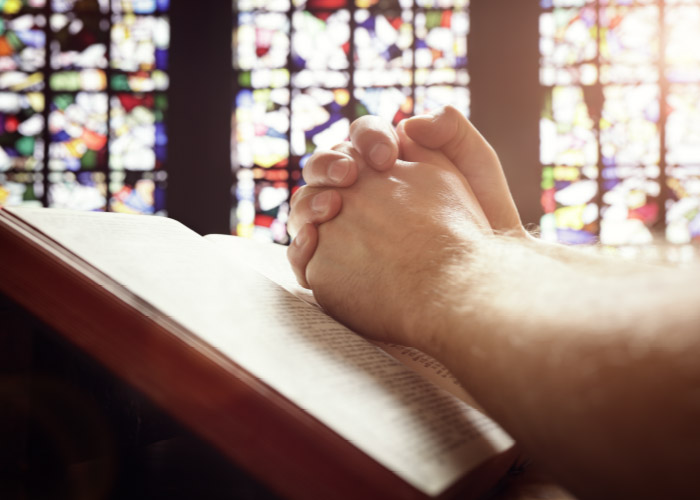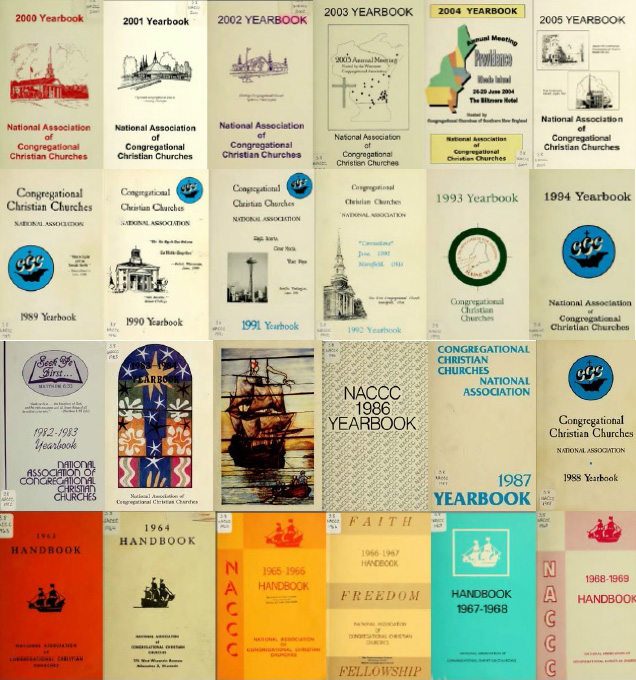Member Church Directories
 The NACCC Member Church Directory
The NACCC Member Church Directory
The NACCC is made up of many diverse member churches from across the United States. We work with our members to maintain a data base of location and contact information of our member churches, affiliated clergy, and retired clergy. Many people use this directory when they are relocating, to find a new Congregational Christian church and to network within our faith community.
How To Use the Membership Map
To find information on Congregational Christian churches in your area of interest, you can select a location pin on the map or use the search function to narrow your results. Click on advanced search to filter by key indicators like state, city, or number of active members.
NACCC Recognized Ministries

Founded by Congregationalists, Olivet College is a private liberal arts college located in south-central Michigan. The college was the first in the country by charter to accept women and persons of color.

Piedmont is a private liberal arts university founded by Congregationalists and based upon the Judeo-Christian tradition. The Judeo-Christian tradition comprises the humane values upon which Western Civilization is based.

The Congregational Library and Archives are administered by the American Congregational Association, a non-profit organization founded May 25, 1853. The 1853 ACA charter stated that the organization was incorporated

The Pilgrim Center for Reconciliation recognizes that conflict has marked human history causing pain, trauma, bitterness, and division between individuals, communities, and nations.
NACCC Affiliated Organizations

The NACCC Yearbook
Every year, the NACCC puts together a yearbook that includes information on our:
- Affiliated Colleges & Universities
- State & Regional Associations
- Annual Meeting & Conference Citations
- Articles & Bylaws
- Churches of the NACCC
- Ministers of the NACCC
- Necrology
- Services of the NACCC
And lists the members of the:
- Board of Directors
- Congregational Foundation Board of Governors
- Leadership Council
- Ministry Councils
- Nominating Committee
- Along with information on the NACCC Officers and Staff
Connect with the NACCC Team
If you have any questions or would like to know more about the NACCC, please send us a message. We look forward to hearing from you!

